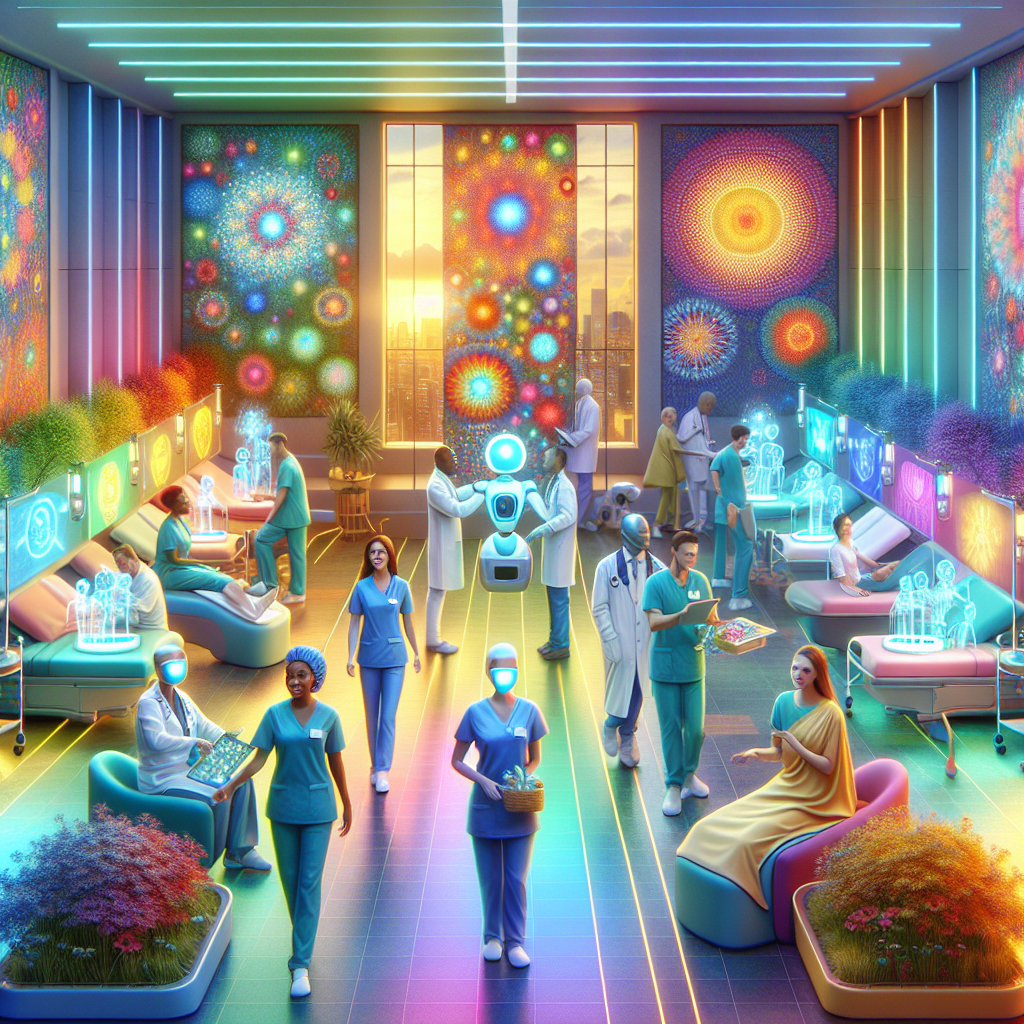Since you haven’t specified a particular topic for the blog post, I’ll choose a timely and engaging subject: “The Impact of AI in Healthcare: Innovations and Challenges.” This topic is relevant, given the recent advancements in AI applications within the healthcare sector.
The Impact of AI in Healthcare: Innovations and Challenges
Introduction
Artificial Intelligence (AI) is transforming the healthcare industry by improving patient care, streamlining clinical workflows, and enhancing decision-making processes. From predicting patient outcomes to assisting in drug discovery, AI’s role in healthcare is expanding rapidly. However, alongside these innovations come challenges that need to be addressed.
AI Innovations in Healthcare
AI is being used in various healthcare applications, including:
- Predictive Analytics: AI tools can predict patient risks, such as falls or deterioration in home care patients, with high accuracy. For instance, NHS England is deploying an AI tool developed by Cera that can predict a patient’s risk of falling with 97% accuracy[1].
- Clinical Decision Support: AI systems help doctors by analyzing patient histories, flagging care gaps, and suggesting personalized treatment plans[1].
- Drug Discovery: Companies like Insilico Medicine are leveraging AI to discover new drugs more efficiently and effectively[1].
Challenges in AI Adoption
Despite these advancements, several challenges hinder the widespread adoption of AI in healthcare:
- Regulatory Frameworks: AI systems used in clinical settings must comply with strict regulations to ensure safety and efficacy. The FDA requires a human in the loop to avoid classifying AI tools as medical devices[1].
- Data Privacy and Security: Protecting sensitive patient data while using AI is a significant concern. Ensuring privacy and security is crucial for maintaining trust in AI-driven healthcare solutions[1].
- Transparency and Trust: Patients often report lower satisfaction when they know AI is involved in their care, highlighting the need for transparency and trust-building strategies[1].
Future of AI in Healthcare
As AI continues to evolve, its potential to revolutionize healthcare is vast. Future applications may include:
- Personalized Medicine: AI can help tailor treatments to individual patient profiles, improving outcomes and reducing side effects[1].
- Telemedicine: AI-enhanced telemedicine platforms can provide more accessible and personalized care remotely[1].
Conclusion
AI is poised to transform healthcare by enhancing patient care, improving efficiency, and driving innovation. However, addressing the challenges of regulation, privacy, and transparency is essential for its successful integration into healthcare systems.
External Links:





